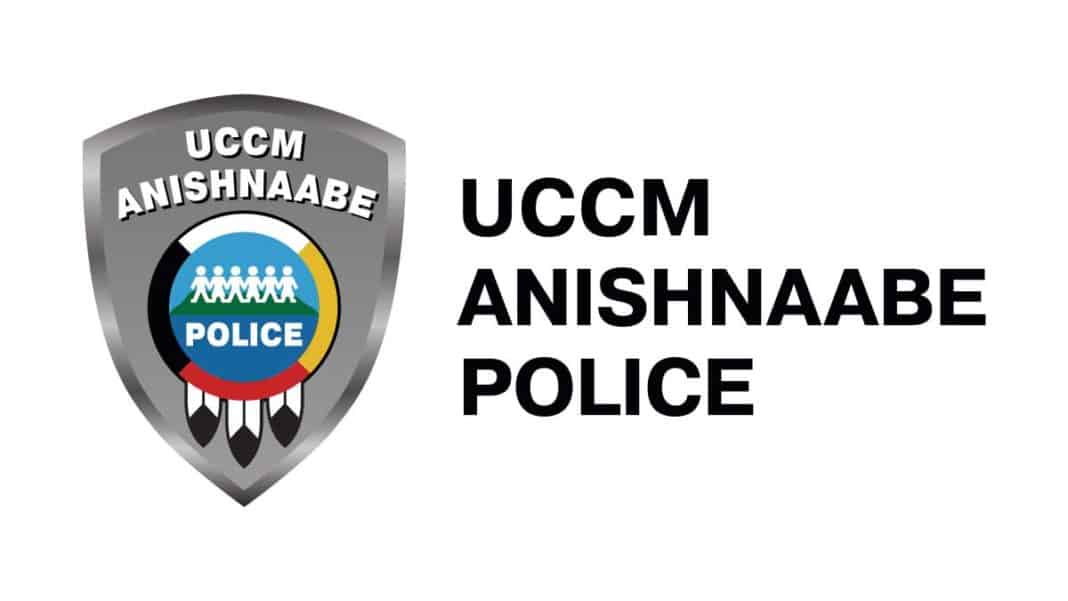MANITOULIN ISLAND—The United Chiefs and Councils of Manitoulin (UCCM) Anishnaabe Police announced April 22 that it is putting its first full-time Drug Enforcement Unit into place. The police force will be adding five full-time positions to its roster to tackle the incendiary issue of drug trafficking and the cascading violent crimes that are connected. The five full-time positions come with a number of incentives, including experience pay, increased benefits and available housing.
In 2023, UCCM Anishinaabe Police were among three First Nation police force plaintiffs in a federal case that contested discriminatory funding conditions, outlined in the First Nations and Inuit Policing Program (FNIPP) established in 1996. Public Safety Minister Marco Mendicino rescinded the prohibition on establishing specialized units in June of last year. According to UCCM Anishnaabe Police Chief James Killeen, a survey conducted among residents of Whitefish River First Nation, Aundeck Omni Kaning, M’Chigeeng, Sheguiandah, Zhiibaahaasing and Sheshegwaning revealed that 85 percent of respondents believe that a drug unit should be a top priority for law enforcement.
Since 2021, UCCM Anishnaabe Police have undertaken drug enforcement operations resulting in the charging of 85 individuals with more than 363 criminal and drug-related offenses, along with the confiscation of illicit and prescription drugs valued at over $854,000 on the street.
Among those charged with drug offenses by UCCM Anishnaabe Police since 2021, 22 were drug traffickers from the Greater Toronto Area, many linked to notorious street gangs which are aggressively expanding into rural, Northern and First Nations communities. The combination of scarce supply and soaring demand presents a lucrative opportunity for them to reap enormous profits. Police report that gang members are brazenly seizing control of local residences, literally driving into town and commandeering homes belonging to unsuspecting residents. This alarming trend demands immediate action to safeguard these vulnerable communities from the devastating impact of organized crime infiltration.
but it requires a tremendous amount of evidence to secure search warrants and to legally hold them accountable in court,” Police Chief Killeen said. “We can’t rely solely on informants, and second or third hand anecdotal information. These individuals are also masters at intimidating potential witnesses and will pay people to go to jail for their crimes, making convicting those responsible difficult.”
The force joined the Criminal Intelligence Service of Ontario (CISO) in 2021 and collaborates with the Ontario Provincial Police (OPP) on drug investigations, while also exchanging information with the Greater Sudbury Police Service, Wikwemikong Tribal Police Service and the Toronto Integrated Guns and Gangs Task Force.
“The new task force will be able to concentrate fully on the issue (drug trafficking), which has been difficult in the past. Focus had to be taken off investigations to handle other types of crime. We are confident that when we can get the drug problem in hand, that we will see fewer of residual crimes, like violence and human trafficking,” Chief of Police Killeen went on to say. “We are grateful for our collaborations with other detachments and look forward to being to share more information between us, going forward.”
Police Chief Killeen emphasizes the importance of partnerships with other law enforcement agencies to gather intelligence and share information on criminal activities crossing jurisdictional boundaries. “We are grateful for our collaborations with other detachments and look forward to being to share more information between us, going forward,” he told The Expositor.
He further highlights the strong desire within First Nations communities for a Drug Enforcement Unit to become a permanent fixture within their police service, enhancing proactive measures against drug trafficking and associated crimes.






